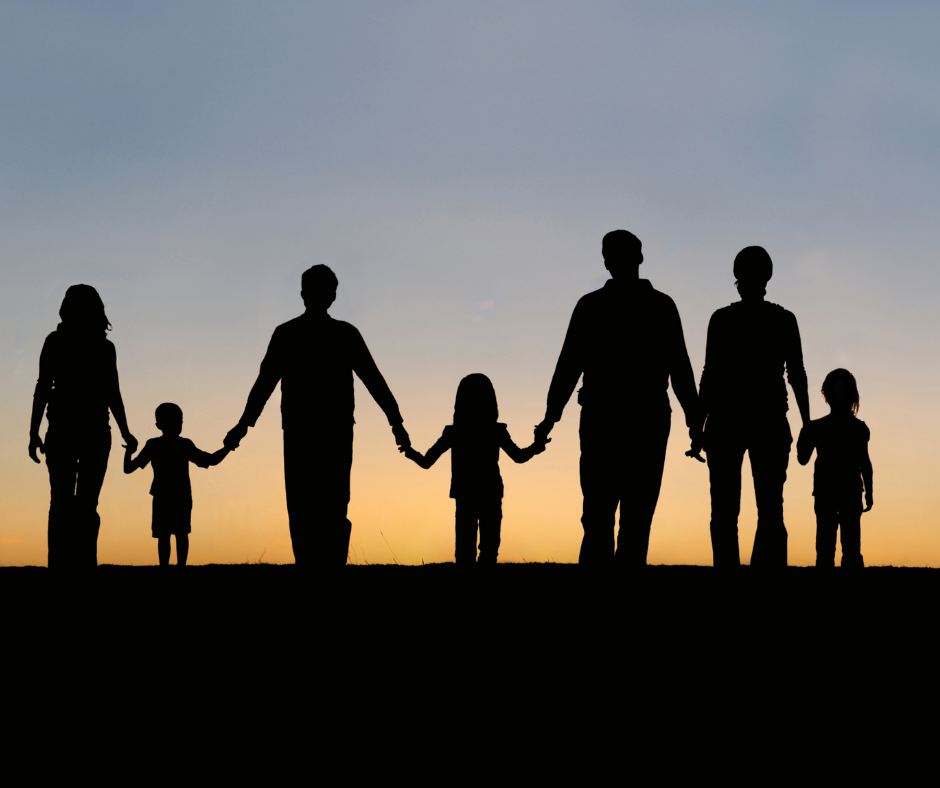Betty and I have just arrived home in Australia from a holiday in Fiji after having caught COVID 19 and been in isolation for 14 days. This experience has been like living in a nightmare as we suffered during that time from the illness on top of being so alone. We were so grateful that our daughter Sharon and husband Steve kept well and were able to drop food at our door during the isolation period.
We were also very blessed to have received phone and text messages and prayers on our behalf from so many friends asking our God for His blessing of healing. This experience has reinforced for me the generous blessings we receive from family and friends. It has shown once again to me the value of being a part of a community grounded in love, compassion and caring.
As I reflected on the power available to us in so many ways received from our family and friends, the following experience I had recently read reinforced for me the blessings of transformation we can receive from our friendship with others. Here is this young man’s story.
As a part of an assignment for a doctoral thesis, a college student spent a year with a group of Navajo Indians on a reservation in the Southwest of the USA. As he did his research he lived with one family, sleeping in their hut, eating their food, working with them, and generally living the life of a twentieth-century Indian.
The old grandmother of the family spoke no English at all, yet a very close friendship formed between the two. They spent a great deal of time sharing a friendship that was meaningful to each, yet unexplainable to anyone else. In spite of the language difference, they shared the common language of love and understood each other. Over the months he learned a few phrases of Navajo, and she picked up a little of the English language.
When it was time for him to return to the campus and write his thesis, the tribe held a going-away celebration. It was marked by sadness since the young man had become close to the whole village and all would miss him. As he prepared to get up into the pickup truck and leave, the old grandmother came to tell him goodbye. With tears streaming from her eyes, she placed her hands on either side of his face, looked directly into his eyes and said, “I like me best when I’m with you.”
Isn’t that the way we feel in the presence of Jesus? He brings out the best in us. We learn to see ourselves as worthy and valuable when we are in his presence. The hurts, the cares, the disappointments of our lives are behind us when we look in his eyes and realize the depth of his love. Our self-esteem no longer depends on what we have done or failed to do; it depends only on the value that he places on us.
And isn’t this experience of divine presence also available to each of us as we share with our families and friends?
To be conformed to the image of Jesus Christ is to generate in other people the Indian grandmother’s simple statement: “I like me best when I’m with you”.
During his earthly ministry Jesus spent a lot of time teaching and preparing his disciples to be competent enough to carry on his work. The connection he was making with these simple men developed into strong personal relationships. They travelled with him over hot, desert roads and he spoke to them particularly about love. But in addition, he defined this relationship in the following words:
“I’m no longer calling you servants because servants don’t understand what their master is thinking and planning. No, I’ve named you friends because I’ve let you in on everything I’ve heard from the Father (John 15:15).
I am sure each one of us has friends whom we cherish greatly. I am also certain that many of these friends have been there for us for many years to share with us both in times of joy and also in our sorrows. They have been a support for us and from experience I know we take pleasure in their companionship. Stop for just a moment and give thanks to your God for the blessing of family and friends.
There is a song usually sung around the campfire: “Make new friends but keep the old. One is silver, the other is gold.” How true this simple message is for each of us to follow? True friendships can be a transforming power in our lives, we appreciate the friendship but this relationship also helps us to feel good about ourselves.
Bill Gillard
Evangelist Bill Gillard lives with his wife Betty at the foothills of the Blue Mountains, just outside of Sydney, NSW.

